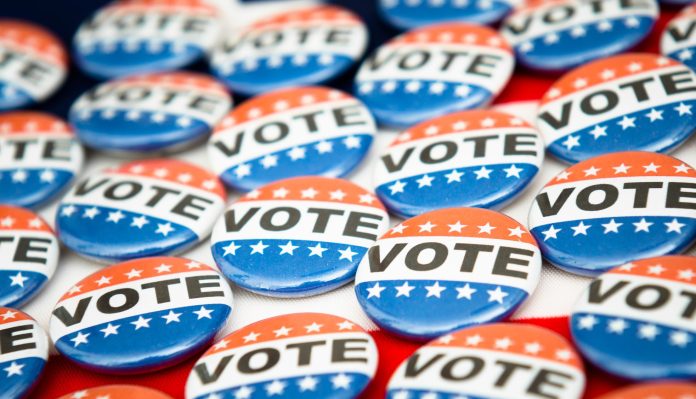On Friday, the Department of Homeland Security notified nearly half of the U.S. states that their election systems were targeted by Russia-affiliated hackers in an attempt to influence the 2016 election. In most of the states targeted, the hackers were engaged in preliminary activities like scanning. In other states hackers attempted to infiltrate systems and failed, but in a small selection of states, with only Illinois confirmed so far, the election systems were compromised successfully. According to Homeland Security, none of these attempts were aimed at the systems that actually tabulate the votes themselves.
At least 21 states were the focus on these hacking attempts, including Alabama, Alaska, Arizona, California, Colorado, Connecticut, Delaware, Florida, Illinois, Iowa, Maryland, Minnesota, North Dakota, Ohio, Oklahoma, Oregon, Pennsylvania, Texas, Virginia, Wisconsin and Washington, as confirmed by the Associated Press and the states themselves. States like Florida, Ohio, Pennsylvania, Virginia and Wisconsin are among the swing states considered critical to an electoral college victory last year. So far, other battleground states including Michigan, Nevada, New Hampshire and North Carolina are not among those confirmed in the hacking attempt.
In a message to election officials in the state of Wisconsin, Homeland Security specified that the hack was conducted by “Russian government cyber actors.” The agency first confirmed the state-level hacking attempts toward the 21 states in June, informing the Senate Intelligence Committee. At that time, the states targeted by the operation were not made public.
Some members of Congress have spoken out against Homeland Security’s decision to delay notifying states and providing details, including Rep. Adam Schiff and Sen. Mark Warner, the ranking Democrats on the House and Senate’s respective intelligence committees.
“It’s unacceptable that it took almost a year after the election to notify states that their elections systems were targeted, but I’m relieved that DHS has acted upon our numerous requests and is finally informing the top elections officials in all 21 affected states that Russian hackers tried to breach their systems in the run up to the 2016 election,” Warner said.
In a statement to TechCrunch, Homeland Security spokesperson Scott McConnell elaborated on the decision to inform states:
“DHS does not publicly disclose cybersecurity information shared between the department and its partners. When we become aware of a potential victim, DHS notifies the owner or operator of the system, who in this case may not necessarily be the Secretary of State’s office. However, recognizing that state and local officials should be kept informed about cybersecurity risks to election infrastructure, we are working with them to refine our processes for sharing this information while protecting the integrity of investigations and the confidentiality of system owners.
This includes the development of an election subsector coordinating council and making security clearances available to those who may need access to classified information in the oversight of their election systems. As part of our ongoing information sharing efforts, today DHS notified the Secretary of State or other chief election officer in each state of any potential targeting we were aware of in their state leading up to the 2016 election. We will continue to keep this information confidential and defer to each state whether it wishes to make it public or not.”
We will be following this story as more states disclose details around election-related hacking activity.
